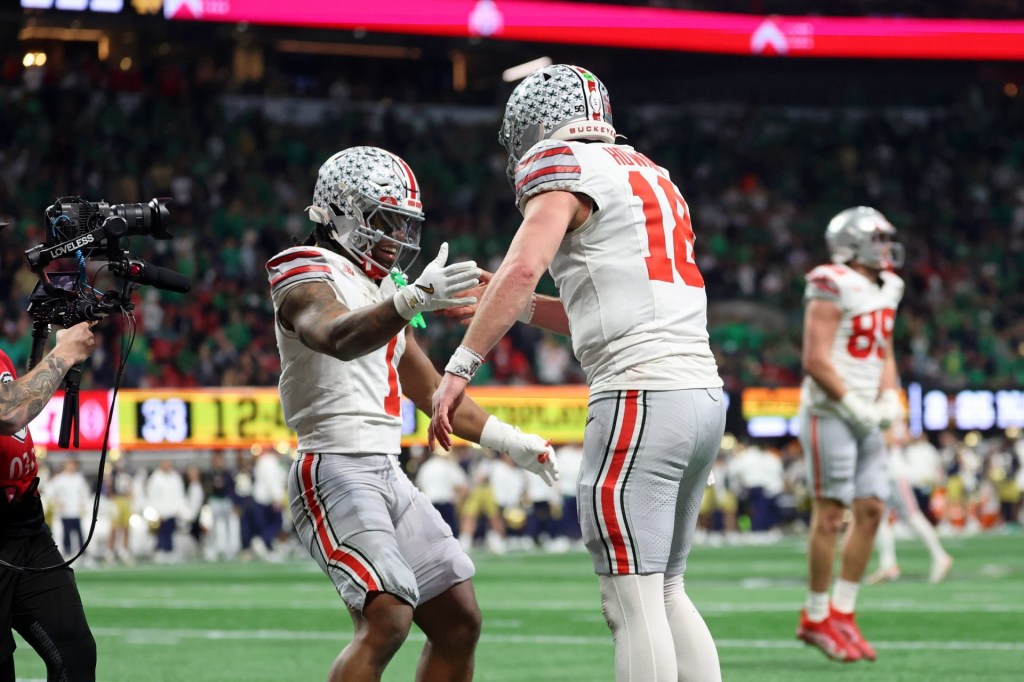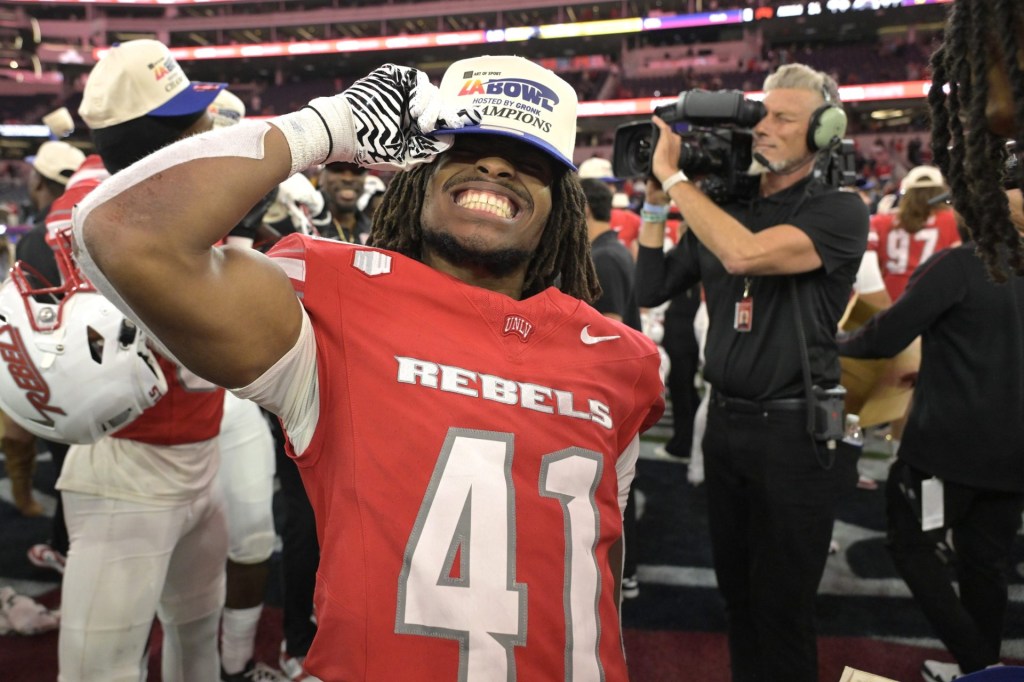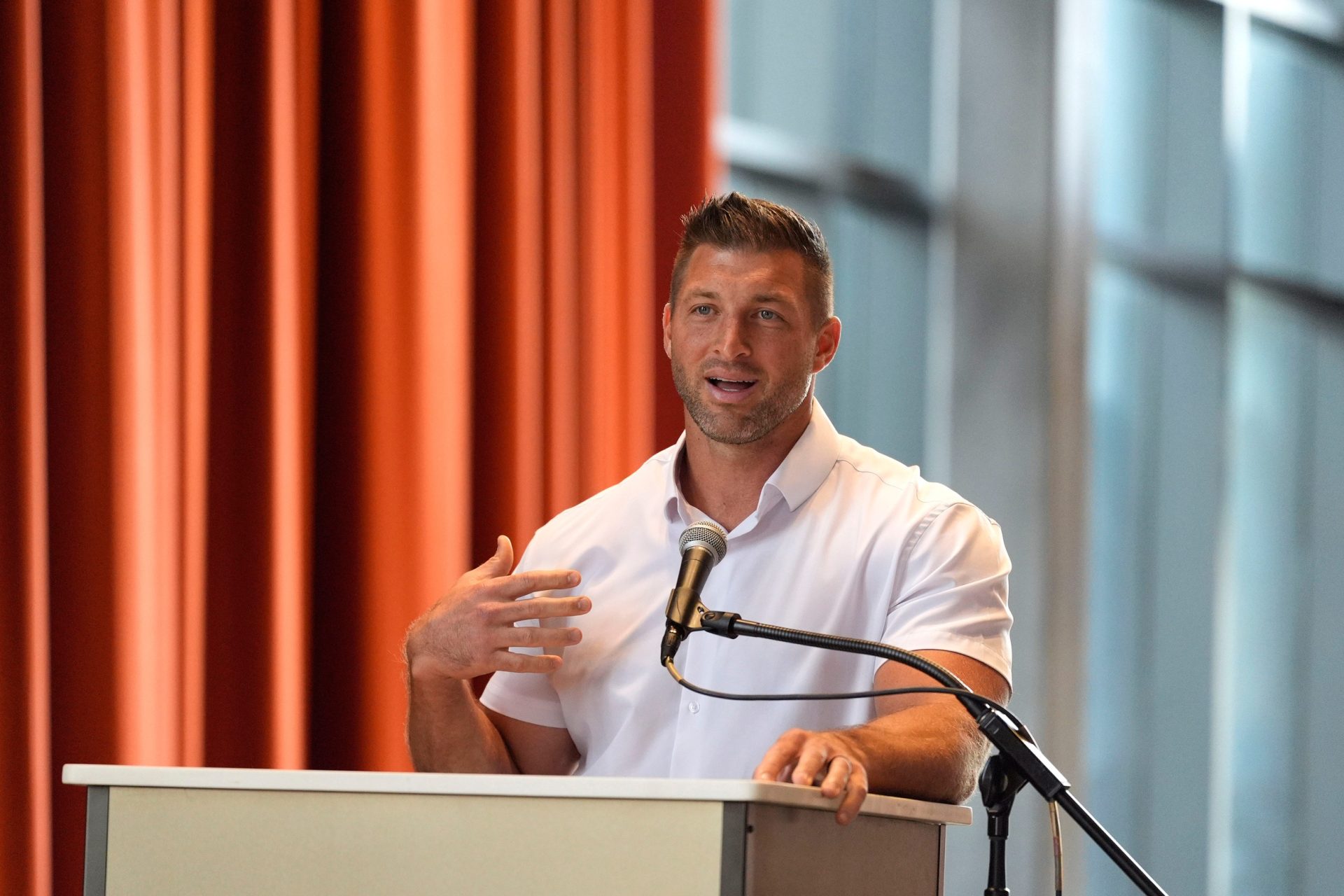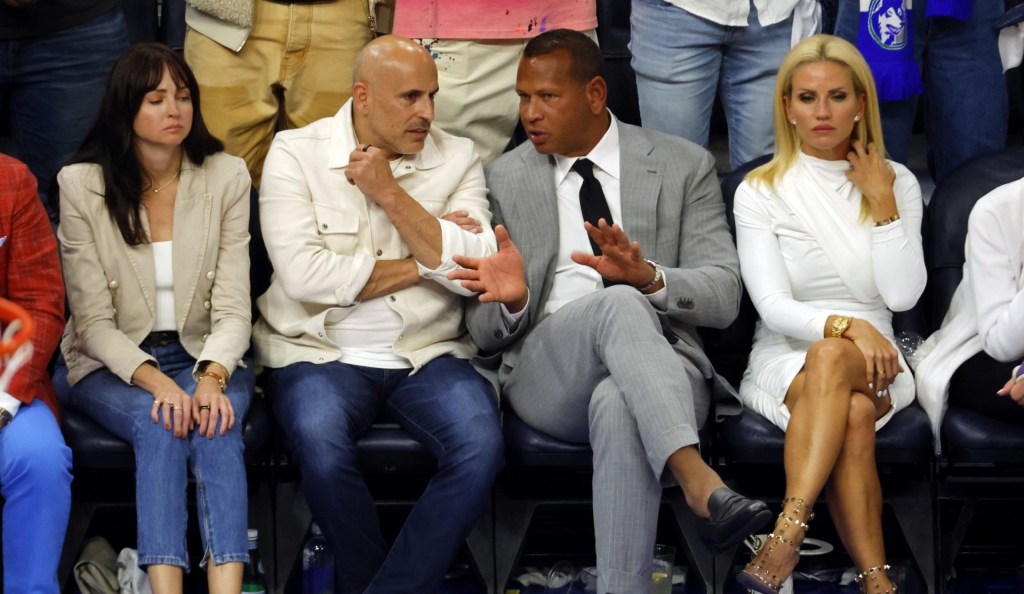FanDuel is preparing to enter the prediction-markets space through a deal with derivatives exchange CME Group, but sports doesn’t appear to be on the agenda for now.
The “groundbreaking alliance,” announced Wednesday, is intended to provide FanDuel’s more than 12 million registered users with access to “financial markets.” Under the agreement, the companies will develop event contracts that users can trade “yes” or “no” on for as little as $1. The event contracts are expected to launch later this year, and topics initially available will include the prices of oil and gas, gold, cryptocurrencies, and more.
Notably absent from the press release was any mention of sports offerings. Dustin Gouker’s Substack, “The Closing Line,” which covers the betting industry, reported that the product “will focus on financial products at launch and will not include sports event contracts.” A representative for FanDuel declined to comment.
The press release did tease “additional offerings” to come. Analysts at J.P. Morgan interpreted that as a nod to upcoming sports event contracts, saying in a research note issued late Wednesday that they believe the omission of sports from the announcement was likely intentional “given ongoing deliberations with industry stakeholders (state legislators, casino partners, tribal partners, and others).”
The analysts also said they “would not be surprised” to see DraftKings follow suit by “tip-toeing into prediction markets.”
In a research note of their own, analysts at Jefferies said the new partnership “provides FanDuel with the regulatory and technical infrastructure to launch any new product quickly,” including sports event contracts.
The FanDuel product will be regulated by the Commodity Futures Trading Commission (CFTC), a federal agency, while its traditional sports betting products are regulated on a state-by-state basis.
“Individual investors are increasingly sophisticated and continually pursuing new financial opportunities,” CME chairman and CEO Terry Duffy said in Wednesday’s statement.
“Together, our event-based products will appeal to the growing public interest in markets, and we will provide education to attract a new generation of potential traders not active in derivatives today,” he added.
FanDuel CEO Amy Howe said in the statement that the agreement “will unlock our ability to bring even more new and engaging products to FanDuel’s fast-growing customer base.”
Following the FanDuel announcement, Truist Securities analysts wrote in a note that while it’s notable sports products were not mentioned, the partnership “should set them up to turn on that switch at some point should they choose.” Some states—such as Illinois—have raised taxes on online sports betting, making it “enticing” for regulated operators to move into prediction markets, Truist wrote.
FanDuel and all the other major sportsbooks have made clear they are watching the growing, and controversial, prediction-markets space. Peter Jackson, CEO of FanDuel’s parent, Flutter Entertainment, said in a letter to shareholders ahead of the company’s second-quarter earnings call on Aug. 7 that “we have two decades’ experience of operating the world’s largest betting exchange, the Betfair Exchange, which shares similar characteristics with event contracts, and this will help inform our views.”
“We are closely monitoring regulatory developments, and are assessing the opportunities and potential participation strategies this may present for FanDuel,” Jackson added.
The sports betting industry has been paying great attention to the legal situation surrounding Kalshi, a major player in prediction markets that has been offering sports event contracts since January. (For example, Kalshi users can trade on everything from the winner of the ATP Winston-Salem Open tennis tournament to whether pro women’s basketball players will get a raise this year.)
The sports event contracts have garnered controversy because they appear so similar to sports betting. Traditional sportsbooks are regulated state by state. Kalshi, however, is federally regulated by the CFTC and has therefore been operating in states where sports betting is technically illegal, like Texas and California.
Kalshi has argued in court that it differs from standard sportsbooks because, on its exchange, bettors are wagering against one another as opposed to the house.
Industry sources have expected a rash of activity ahead of football season, the busiest time for sports betting, and that has borne out. This week, Kalshi and Robinhood separately announced expansions of their sports event contracts products. Previously, Front Office Sports reported that DraftKings is in talks to acquire Railbird Exchange, an upstart prediction-market platform that recently gained federal licensure.







